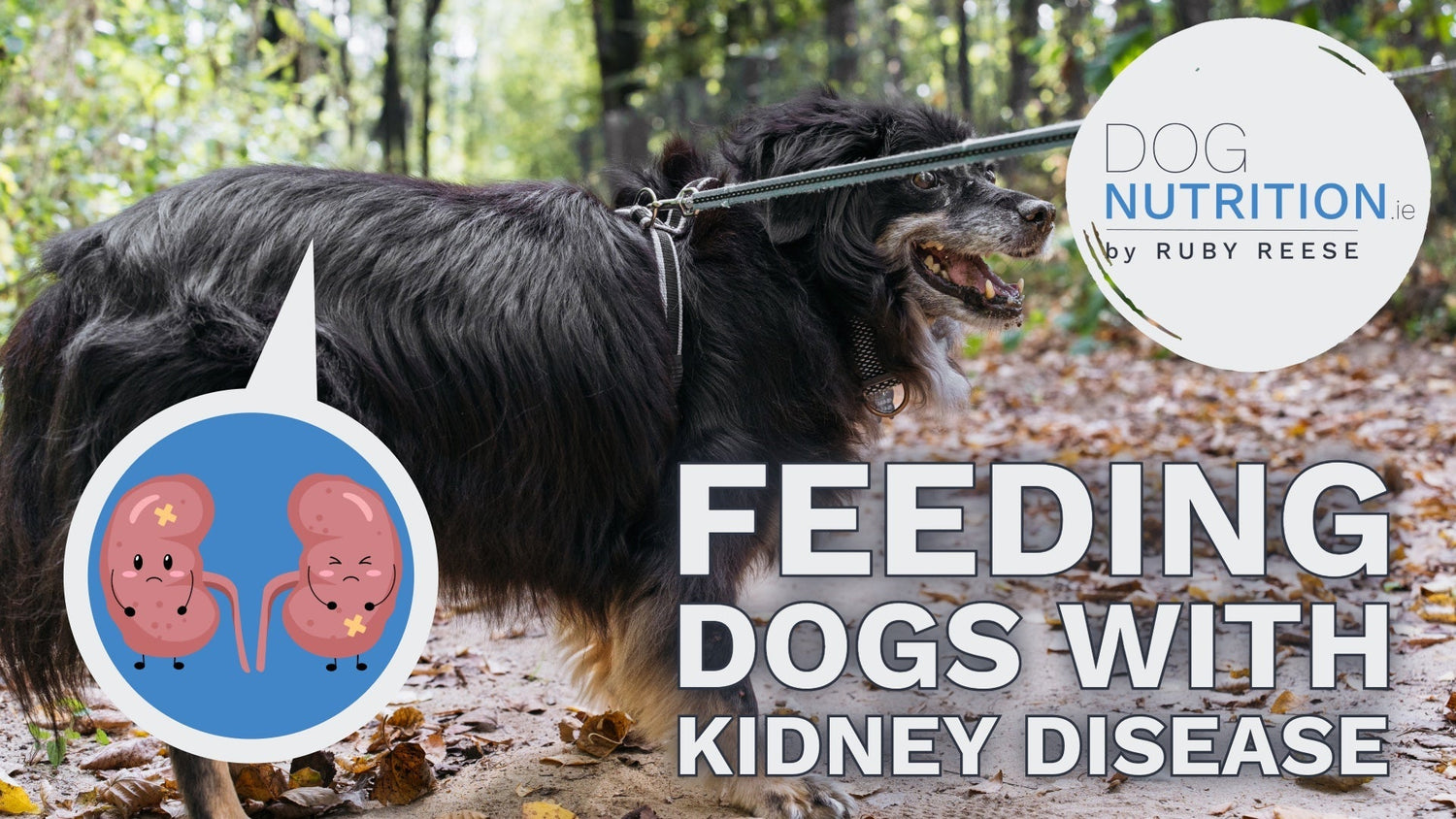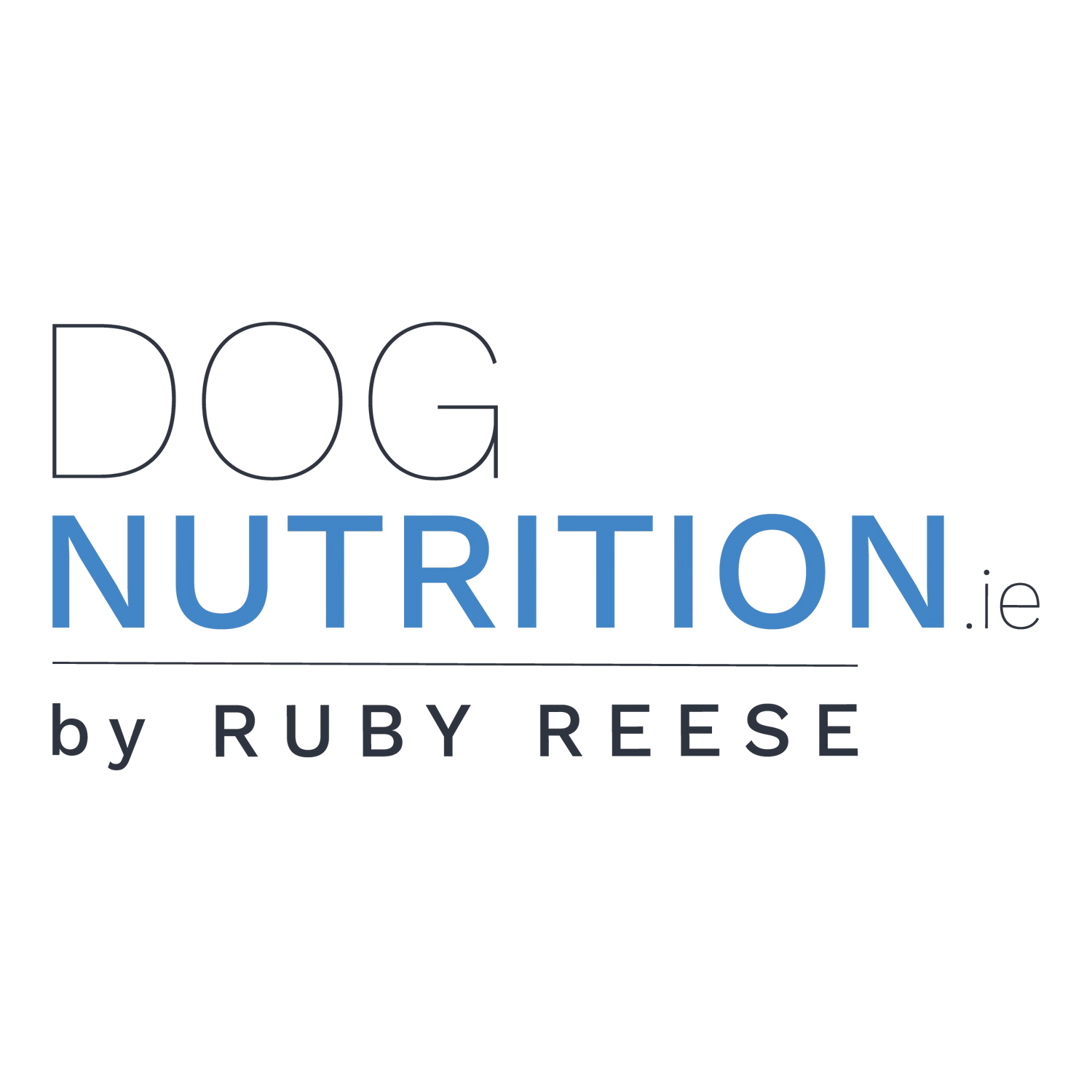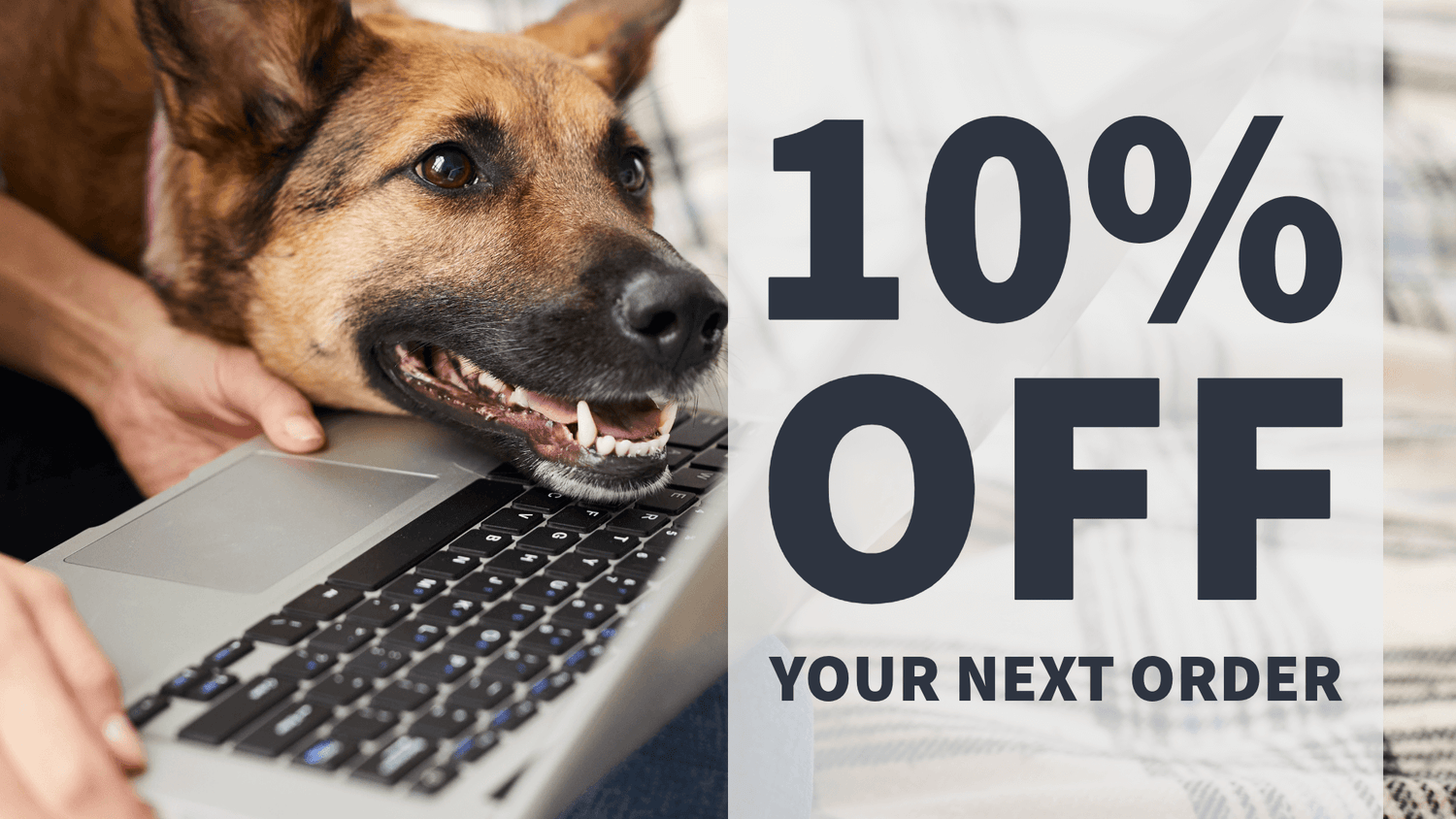Why Consulting a Canine Nutritionist Can Benefit Dogs with Kidney Disease
When your dog is diagnosed with kidney disease, it’s natural to feel worried, overwhelmed, and even a little helpless. Beyond medical treatments, one of the most powerful tools you have to support your dog’s health is nutrition.
While vets provide diagnosis and treatment plans, a canine nutritionist, like Chris at dognutrition.ie, who have completed advanced courses, brings specialised expertise in designing diets that help manage and support chronic conditions like kidney disease. Working with an experienced nutritionist can make a significant difference in your dog’s comfort, energy, and quality of life.
In this article, we’ll explore why diet is so important for dogs with kidney disease, how a canine nutritionist can help, and what benefits you as a pet owners might see from seeking their guidance.
Understanding Kidney Disease in Dogs
The kidneys play a crucial role in filtering waste products from the blood, balancing electrolytes, maintaining hydration, and regulating blood pressure. When kidney function declines, these processes are disrupted.
In chronic kidney disease (CKD), which is more common in older dogs, the damage is progressive and irreversible. Symptoms can include:
- Increased thirst and urination
- Nausea or vomiting
- Loss of appetite
- Weight loss
- Lethargy
While there is no cure for CKD, managing the diet can reduce the workload on the kidneys and help control symptoms. This is where nutritional expertise becomes invaluable.
Why Diet Is a Cornerstone of Kidney Care
Vets often describe diet as the “first line of defence” in kidney disease management. Here’s why:
- Reducing Waste Products: High levels of protein and phosphorus in the diet create more metabolic waste, which failing kidneys struggle to filter. A kidney-friendly diet carefully moderates these nutrients.
- Balancing Electrolytes: Sodium and potassium levels can fluctuate with kidney disease. Diet plays a direct role in maintaining balance.
- Supporting Hydration: Because kidneys loose efficiency at conserving water, encouraging hydration through diet (e.g., moist foods) can help.
- Maintaining Body Condition: Dogs with CKD often lose weight and muscle mass. Proper nutrition helps preserve lean tissue and energy.
The challenge, however, is that each dog’s needs are different - and that’s where a canine nutritionist adds value.
What a Canine Nutritionist Offers for Dogs with Kidney Disease
1. Individualised Diet Plans
Every dog with kidney disease is unique. A 12-year-old Labrador in early CKD will not need the same diet as a 7-year-old Dachshund in advanced stages of the disease. A nutritionist takes into account:
- Stage of kidney disease (as diagnosed by your vet)
- Age, breed, and activity level
- Other health conditions (such as heart disease, arthritis, or diabetes)
- Food preferences and sensitivities
This personalisation ensures your dog’s diet is tailored to their exact needs rather than relying on a one-size-fits-all prescription food.
2. Balancing Key Nutrients
Kidney diets must walk a fine line - reducing stress on the kidneys without depriving the dog of essential nutrients. Nutritionists are trained to adjust these delicate balances:
- Protein: Lower amounts of high-quality protein help reduce waste while still supporting muscle maintenance.
- Phosphorus: Restricted phosphorus slows kidney damage progression. Nutritionists may recommend foods naturally low in phosphorus or incorporate phosphorus binders if already prescribed.
- Sodium: Controlled sodium levels help manage blood pressure and fluid balance.
- Omega-3 Fatty Acids: Found in fish oil, omega-3s can reduce kidney inflammation and protect remaining kidney tissue.
- B-Vitamins: Water-soluble vitamins may need supplementation since kidney disease causes increased loss through urine.
By carefully fine-tuning these nutrients, a canine nutritionist ensures your dog’s diet supports health without overburdening weakened kidneys.
3. Palatability and Appetite Support
One of the most frustrating challenges in kidney disease is loss of appetite. Dogs may refuse prescription diets, leading to weight loss and declining health.
A nutritionist can:
- Suggest flavourful options that are safe for kidney patients.
- Modify recipes to increase palatability without compromising therapeutic goals.
- Provide strategies to encourage correct portion size and nutritional intake
This practical guidance helps keep your dog nourished and engaged with mealtime.
4. Home-Cooked and Fresh Food Options
Many pet parents want to prepare food at home, either to improve palatability or to feel more in control of what their dog eats. However, creating a balanced kidney-safe recipe is not simple. Improperly formulated home diets can inadvertently make things worse.
A canine nutritionist can:
- Provide precise, evidence-based recipes.
- Recommend supplements needed to balance homemade diets.
- Adjust recipes over time as your dog’s condition changes.
This allows you to feed fresh, home-prepared meals with confidence that they are both safe and effective.
5. Collaboration with Veterinarians
Nutritionists never replace vets - they complement them. Your vet manages medical treatments, diagnostics, and monitoring, while we at dognutrition.ie we are happy to work closely with your vet on translating those needs into dietary solutions that suit your individual dog.
Together, we can create a comprehensive care plan that covers both medical management and daily nutrition.
The Benefits for Pet Guardians
Working with a canine nutritionist doesn’t just benefit your dog - it helps you, too. Pet owners often report:
- Peace of mind knowing meals are tailored to medical needs.
- Clarity when navigating confusing or conflicting advice found online.
- Confidence that their dogs diets are safe, well-suited and balanced.
- Ongoing support as the disease progresses and nutritional needs change.
Instead of second-guessing every ingredient or struggling with a picky eater, you have a professional partner guiding you.
Practical Tips for Pet Owners Considering a Nutritionist
If you’re thinking about consulting a canine nutritionist, here are a few steps to get started:
- Get your appointment with dognutrition.ie planned and in the diary as the first step after your dog was diagnosed with kidney disease by your vet.
- Gather your dog’s medical records. Blood tests, urinalysis, and current medications help the nutritionist design an appropriate plan.
- Be honest about your preferences. If you’d like to prepare home-cooked meals or stick with commercially available foods, let the nutritionist know.
- Expect adjustments over time. Kidney disease is progressive, and diets often need modification as lab values change.
Final Thoughts
Kidney disease is a difficult diagnosis, but it doesn’t mean your dog’s quality of life has to decline rapidly. Nutrition is one of the most powerful tools you have to support your pet.
By consulting dognutrition.ie, you gain a partner who can design an individualised diet, balance nutrients carefully, and adapt feeding strategies as your dog’s needs evolve. Together with your veterinarian, we help ensure that mealtime becomes a supportive part of your dog’s care.
For pet owners, this means more confidence, less confusion, and most importantly, the comfort of knowing you are doing everything possible to support your dog’s health and happiness.




0 comments